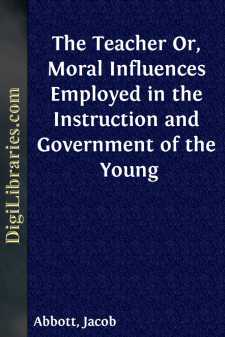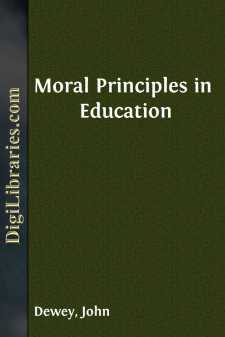Categories
- Antiques & Collectibles 13
- Architecture 36
- Art 48
- Bibles 22
- Biography & Autobiography 813
- Body, Mind & Spirit 141
- Business & Economics 28
- Children's Books 12
- Children's Fiction 9
- Computers 4
- Cooking 94
- Crafts & Hobbies 4
- Drama 346
- Education 46
- Family & Relationships 57
- Fiction 11826
- Games 19
- Gardening 17
- Health & Fitness 34
- History 1377
- House & Home 1
- Humor 147
- Juvenile Fiction 1873
- Juvenile Nonfiction 202
- Language Arts & Disciplines 88
- Law 16
- Literary Collections 686
- Literary Criticism 179
- Mathematics 13
- Medical 41
- Music 40
- Nature 179
- Non-Classifiable 1768
- Performing Arts 7
- Periodicals 1453
- Philosophy 64
- Photography 2
- Poetry 896
- Political Science 203
- Psychology 42
- Reference 154
- Religion 513
- Science 126
- Self-Help 83
- Social Science 81
- Sports & Recreation 34
- Study Aids 3
- Technology & Engineering 59
- Transportation 23
- Travel 463
- True Crime 29
The Philosophy of Teaching The Teacher, The Pupil, The School
by: Nathaniel Sands
Categories:
Description:
Excerpt
TEACHER AND PUPIL.
Of the various callings to which the division of labor has caused man specially to devote himself, there is none to be compared for nobility or usefulness with that of the true teacher. Yet neither teachers nor people at present realize this truth.
Among the very few lessons of value which might be derived from so-called “classical” studies, is that of the proper estimate in which the true teacher should be held; for among the Greeks no calling or occupation was more honored. Yet with a strange perversity, albeit for centuries the precious time of youth has been wasted, and the minds and morals of the young perverted by “classical” studies, this one lesson has been disregarded.
What duty can be more responsible, what vocation more holy, than that of training the young in habits of industry, truthfulness, economy, and sobriety; of giving to them that knowledge and skill without which their lives would become a burden to themselves and to society? Yet, while the merchant seeks to exercise the greatest caution in selecting the persons to whom he intrusts his merchandise, and yields respect to him who faithfully performs his commercial engagements; he makes but scant inquiry as to the character or qualifications of the mind-builder upon whose skill, judgment, and trustworthiness the future of his children will greatly depend.
The position assigned by our social rules to the teacher accords, not with the nobility of his functions, but with the insufficient appreciation entertained of them by the people, and is accompanied by a corresponding inadequate remuneration. And what is the result? Except a few single-hearted, noble men and women, by whom the profession of the teacher is illustrated and adorned; except a few self-sacrificing heroes and heroines whose love of children and of mankind reconciles them to an humble lot and ill-requited labors, the class of school-teachers throughout the whole civilized world barely reaches the level of that mediocrity which in all other callings suffices to obtain not merely a comfortable maintenance in the present, but a provision against sickness and for old age.
What aspiring father, what Cornelia among mothers, select for their children the profession of a teacher as a field in which the talents and just ambition of such children may find scope? Nor can we hope for any improvement until a juster appreciation of the nobility of the teacher’s vocation, and a more generous remuneration of his labors shall generally prevail.
It is to the desire to aid somewhat in bringing about a juster appreciation in the minds alike of teachers and of people of the utility and nobleness of the teacher’s labors and vocation that these pages owe their origin.
When we consider the nature of the Being over whose future the teacher is to exercise so great an influence, whose mind he is to store with knowledge, and whom he is to train in the practice of such conduct as shall lead to his happiness and well-being, we are lost in amazement at the extent of the knowledge and perfection of the moral attributes which should have been acquired by the teacher....









